Choose from free online events in the next five days. All times are ET except as noted. Those in red are Canadian, bolded if local to Ottawa or recommended.
Assume registration in advance is required; check so you’re not disappointed.
Tuesday 10 May. 1 pm: A virtual guided tour of www.peterboroughcountygenealogy.ca, by Fraser Dunford for Kawartha Branch OGS. Register by email at TraceyT@curvelake.ca.
Tuesday 10 May. 2 pm: Virtual Genealogy Drop-In, from Ottawa Branch of OGS and The Ottawa Public Library.
https://ottawa.ogs.on.ca/events/
Tuesday 10 May. 2 pm: Drawing Insights from Your Family Photos, by Daniel Horowitz from MyHeritage and Legacy Family Tree Webinars.
https://familytreewebinars.com/webinar/drawing-insights-from-your-family-photos/
Tuesday 10 May, 7 pm: Early Irish Immigrants to Essex County, by Laura Smith for Essex Branch OGS.
https://essex.ogs.on.ca/meetings/essex-branch-may-presentation/
Wednesday 11 May. 10 am: Researching your house history, by The National Library of Scotland
https://www.eventbrite.ca/e/researching-your-house-history-tickets-313699472567
Thursday 12 May, 6:30 pm: Ask the Experts: Death, Dying, and Genealogy, by Senior Librarians of Allen County Public Library Genealogy Center.
https://acpl.libnet.info/event/6588393
Thursday 12 May. 7 pm: Meet the Alberta Genealogical Society. by AGS for Lambton Branch OGS.
https://lambton.ogs.on.ca/calendar/lambton-county-branch-meet-the-alberta-genealogical-society/
Friday 13 May 7 pm: Resources for Family Historians at the Chatham-Kent Public Library, by Megan Cowan for Kent Branch OGS.
https://kent.ogs.on.ca/events/resources-for-family-historians-at-the-chatham-kent-public-library/
Saturday 14 May 9 am: Selection of Genealogy Programs and Services, by Bob Butler for BIFHSGO.
https://www.bifhsgo.ca/events
Saturday 14 May 10 am: The Diary Project, by Anne Coulter for BIFHSGO.
https://www.bifhsgo.ca/events


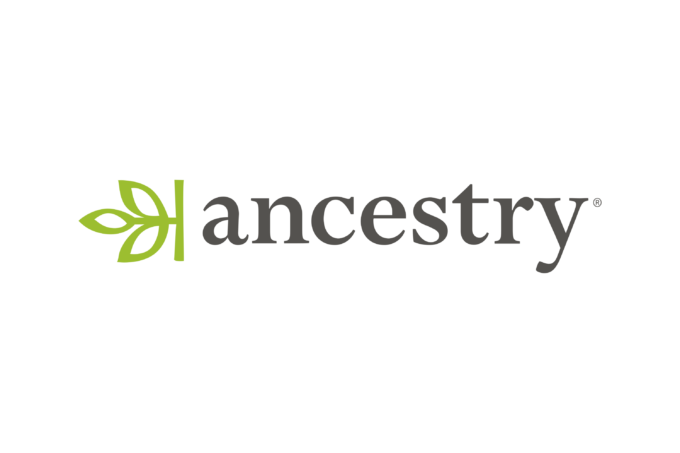 This new collection from Ancestry has just 558 records for the WRNS originating from ADM 318 at The UK National Archives, Kew. The extensive information, most in images of the original record. may include:
This new collection from Ancestry has just 558 records for the WRNS originating from ADM 318 at The UK National Archives, Kew. The extensive information, most in images of the original record. may include: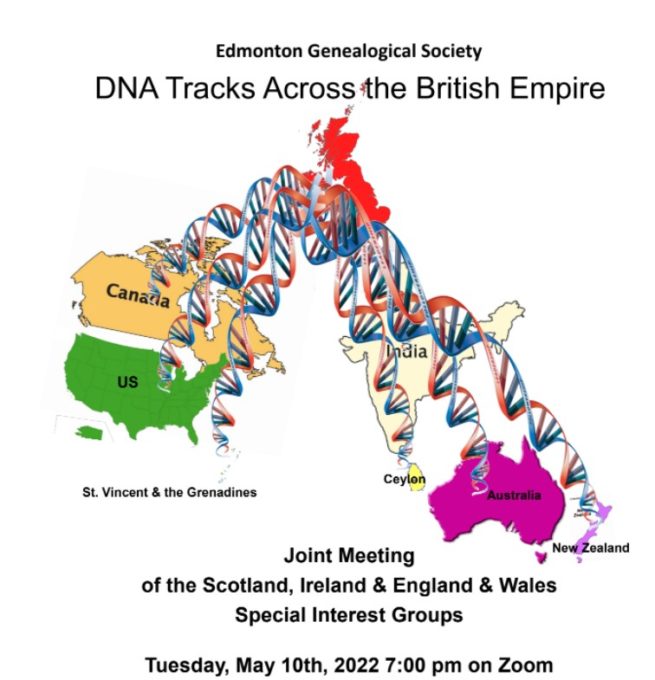


 Genealogists strive to find the fundamental data about a person in their family tree. Dates and places of birth, death and marriage are the bread and butter for the genealogist.
Genealogists strive to find the fundamental data about a person in their family tree. Dates and places of birth, death and marriage are the bread and butter for the genealogist. 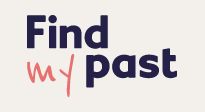 Findmypast has just added more Halifax, Yorkshire, National School Admissions Registers to its database. The four schools added are Portland Road’s Infant School between 1890-1904 (2,135 results), Queens Road Boys Senior School 1904-1921 (1,418 results), Queens Road Girls Senior School 1884-1921 (3,571 results), and Queens Road Junior School 1896-1903 (1,446 results) all in Halifax.
Findmypast has just added more Halifax, Yorkshire, National School Admissions Registers to its database. The four schools added are Portland Road’s Infant School between 1890-1904 (2,135 results), Queens Road Boys Senior School 1904-1921 (1,418 results), Queens Road Girls Senior School 1884-1921 (3,571 results), and Queens Road Junior School 1896-1903 (1,446 results) all in Halifax. TheGenealogist has released the IR58 landowner and occupier records (Lloyd George Survey) for the Merton area of south-west London in the 1910s. These property tax records include the listings for both the past and present grounds of The All England Lawn Tennis and Croquet Club. If you have ancestors from the area and era or are interested in tennis, TheGenealogist article
TheGenealogist has released the IR58 landowner and occupier records (Lloyd George Survey) for the Merton area of south-west London in the 1910s. These property tax records include the listings for both the past and present grounds of The All England Lawn Tennis and Croquet Club. If you have ancestors from the area and era or are interested in tennis, TheGenealogist article  The FreeBMD Database was updated on Friday, 6 May 2022, to contain 284,959,570 unique records and
The FreeBMD Database was updated on Friday, 6 May 2022, to contain 284,959,570 unique records and 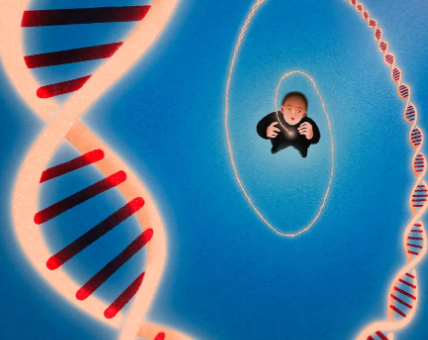 Yesterday I mentioned the book Ancestor Trouble by Maud Newton. Now Myra Jasanoff has published an
Yesterday I mentioned the book Ancestor Trouble by Maud Newton. Now Myra Jasanoff has published an 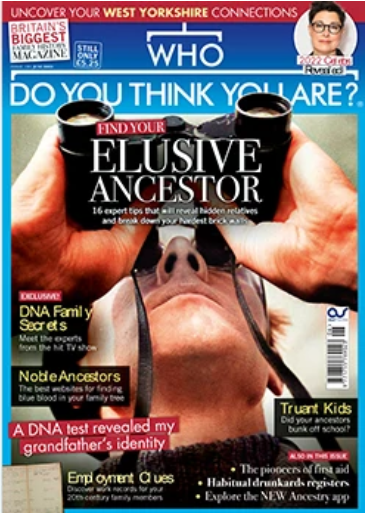 Just out, the June issue:
Just out, the June issue: